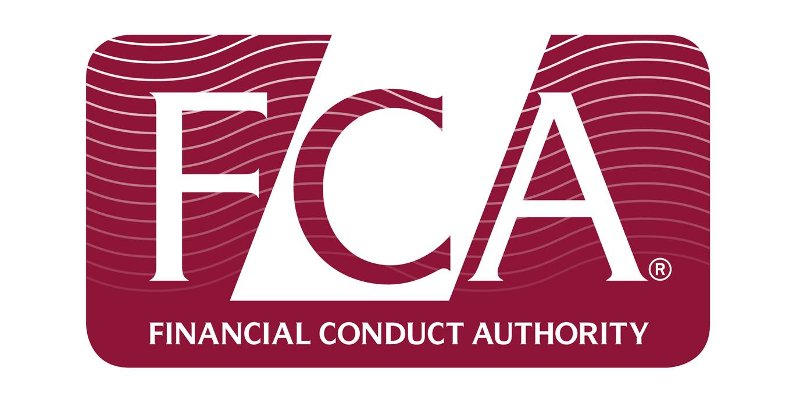The response was in relation to changes to execution-only sales.

The Financial Conduct Authority (FCA) has dismissed concerns from intermediaries that consumers could effectively 'steal advice' as it changes the rules around execution-only.
The regulator has been consulting the market on planned changes including how firms can market execution-only channels and adopt different pricing between channels.
This led to some intermediaries expressing concerns that some consumers might ‘steal’ advice. For example, they would speak to an adviser to get a recommendation only to then buy the product execution-only, avoiding any advice fee.
Others also warned that changes could skew the market towards online intermediaries with small panels.
However the watchdog dismissed these concerns in its latest policy paper.
It said: "We welcome the support for this proposal and will go ahead as proposed.
"The potential risk of price-sensitive consumers taking cheaper execution-only deals exists currently, as some firms already price differently.
"The Mortgages Market Study (MMS) found that some consumers who were confident to choose a mortgage themselves found it difficult to do so because they were diverted to advice, [or] execution-only sale channels were not easy to use.
"We hope this change, alongside others in this PS, will encourage firms to invest in marketing their execution-only sales and making these channels more accessible.
"The risk of consumers using the advice from an intermediary to make an execution-only purchase already exists.
"Firms can choose to manage this risk, for example through their charging structure."
On the online intermediary front the FCA also said it did not feel the need for further guidance.
It said: "Online intermediaries need to comply with our initial disclosure requirements including their scope of service.
"We think the same commercial incentives for having wide panels will apply to online
intermediaries as they do for traditional intermediaries.
"Firms must ensure the way they communicate the price difference to consumers is clear, fair and not misleading.
"We don’t consider there is a need for further guidance on how this is done."
The majority of the statement has been cautiously welcomed.
James Tucker, founder and CEO of Twenty7Tec, said: “Having reviewed the report thoroughly, we are broadly welcoming of certain elements that encourage the use and development of technology within the market, and see the opportunity to develop these solutions further.
“For example, the clarification in the Perimeter Guidance (PERG) on mortgage advice that make clear that tools that allow search and filtering based on objective criteria are not necessarily giving advice, coupled with the changes that permit greater customer interaction before firms are required to give advice, supports a fair and transparent market with customer choice and information at its heart.
“In fact, we have been active in the building and maintenance of these direct to consumer tools for some time now, and shall continue to do so.
“Equally, we are supportive of the amendments that require intermediaries to explain in more detail why they have recommended certain products, particularly where the product is not the cheapest.
“In the evidence we see from our own systems, this is something that mortgage Intermediaries actively perform at present.
"I would be inclined to agree with the FCA therefore that this move in and of itself will not force intermediaries to focus on price over suitability – our evidence suggests that suitability is and shall remain critical in any advised recommendation.
“However, we are concerned with the changes in the policy statement that allow channels to suggest borrowers “take out or do not take out” a certain type of mortgage, the seeming permittance of dual pricing strategies, and the amendment of the sales process rules to highlight the FCA’s belief that execution-only sales are not inherently riskier than advised ones.



